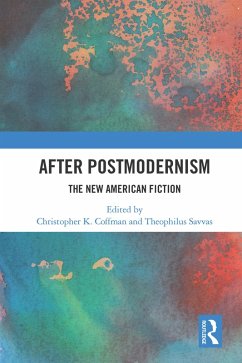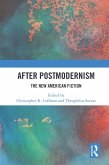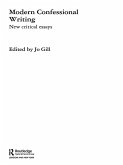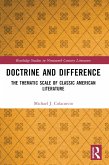Dieser Download kann aus rechtlichen Gründen nur mit Rechnungsadresse in A, B, BG, CY, CZ, D, DK, EW, E, FIN, F, GR, HR, H, IRL, I, LT, L, LR, M, NL, PL, P, R, S, SLO, SK ausgeliefert werden.
Stephen Burn, Reader in Post-1945 American Literature at the University of Glasgow, UK.
'Post-postmodern' has long been a broad and unwieldy designation for what's going on in U.S. literature now, and this rich collection not only evokes the stakes of naming the contemporary but shows just how many branches of the network will lie hidden beneath any chosen term, unearthing affect, ecology, textual materialism, and much else in important recent fiction.'
Jeffrey Severs, Associate Professor, University of British Columbia, and author of David Foster Wallace's Balancing Books: Fictions of Value (2017).









